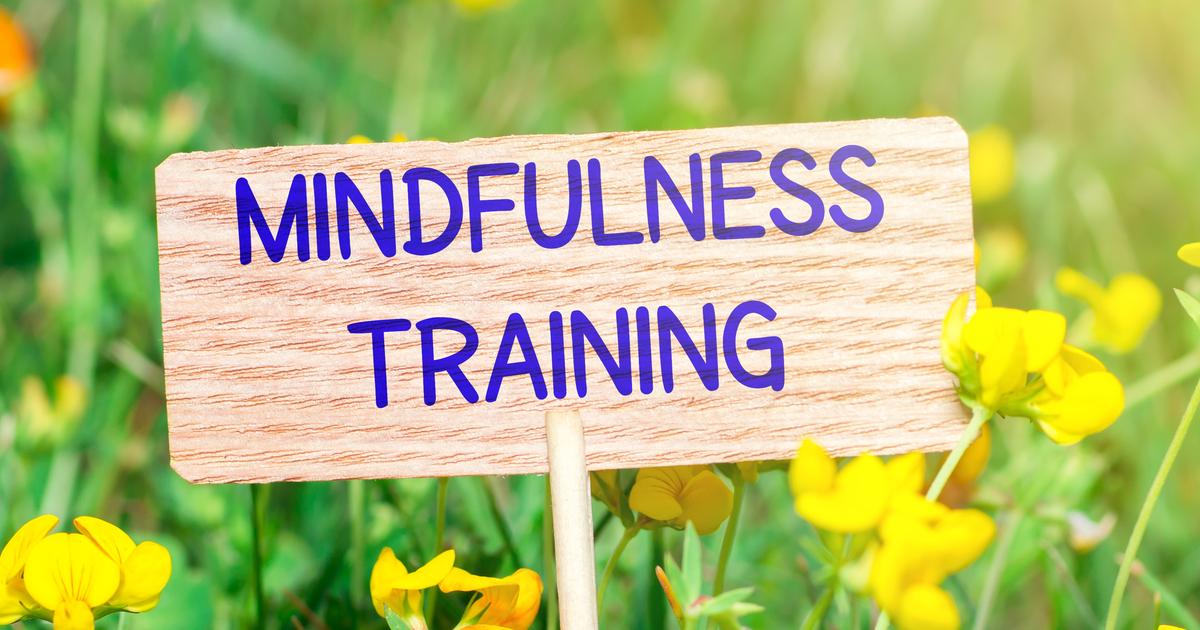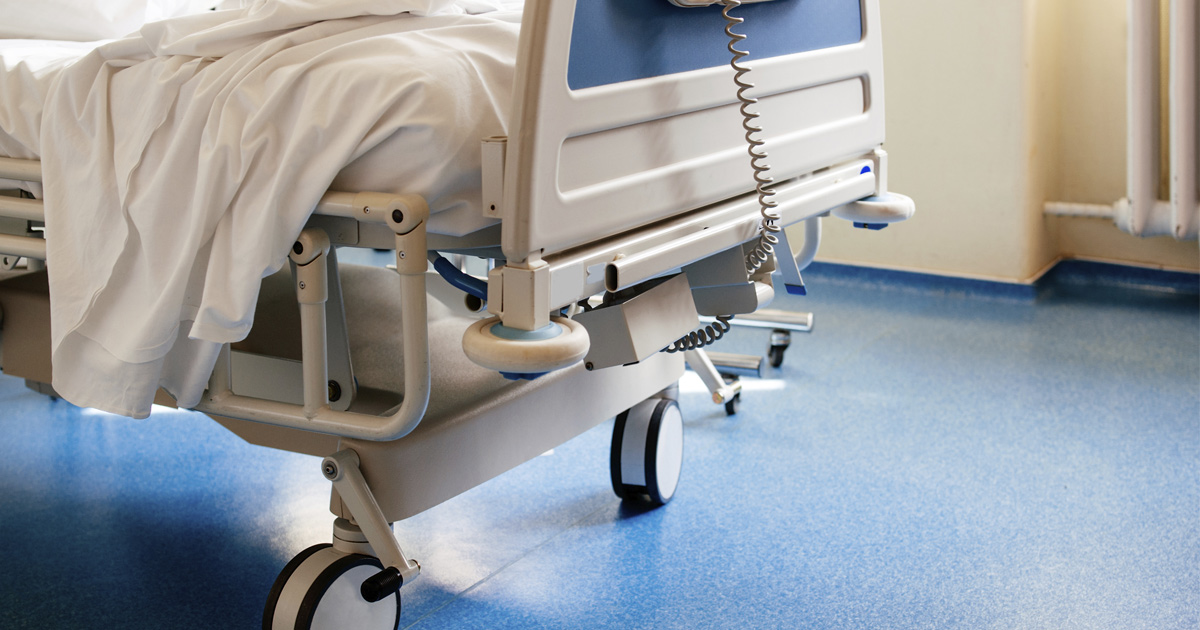A Guide For Dealing With Depression
When depression hits, everything, no matter how big or small, can seem hopeless. Depression can affect the physical, mental, and emotional state, as well as one's overall well-being. According to the National Center for Health Statistics, depression is one of the most prevalent forms of mental illness in the United States. It is also the leading risk or cause of suicide, making it crucial for early diagnosis and treatment. The road through depression begins with an individual's acknowledgment of their symptoms. Once they acknowledge their symptoms and the fact something is askew, they'll be more prepared to reach out for help. Diagnosis and treatment will vary according to each unique case. However, there are a few general ways to curb depression and stay ahead of it.
Reaching Out And Staying Connected

For those suffering from depression, one of the most natural reactions is to shy away from social interaction. We assume no one will understand, listen, or care. Depression is quite an isolating condition. However, affected individuals having an outlet to express themselves and their feelings may help them conceptualize the causes and maybe even come up with a potential solution for a bout of depression.
Reaching out and staying connected may require some planning. Everyone should have at least an idea or a list of individuals and resources they trust to use in times of need. They should make a conscious decision to reach out anytime they do not feel right and try talking through the icky feelings.
Continue reading to learn about bringing energy back next.
Finding An Energizing Activity

Finding an energizing activity helps increase positive feelings and gives individuals a greater sense of self. While physical activity is ideal, there are less exhausting activities that help. Some examples are coloring, drawing, painting, journaling, reading, cooking, baking, walking, puzzles, meditation, and getting lost in some music.
Individuals should try a few different activities to find what works best, as this list is not exhaustive. Find something that centers individuals and puts things into perspective. The most important aspect here is finding something they connect with and love. Individuals should find at least one activity they can get lost in, even on the worst day.
Continue reading to learn about exercising to stave off depression.
Exercising Outside

Exercising overall can help with depression as it releases endorphins, which reduce stress and improve moodiness. Sunlight and fresh air are primary mood boosters according to several studies. They boost workouts, curb depression symptoms, and according to studies, vitamin D deficiency has been linked to poor weight management.
Exercising outside is incredibly beneficial. Even a brisk stroll around the block or planting an exotic plant in the garden may help curb depression. Being outside allows individuals to interact with their surroundings and forces adaptation to the conditions of the environment.
Continue reading to learn how diet can come into play.
Maintaining A Healthy Diet

The age-old phrase 'you are what you eat' is rooted in wisdom. What individuals put in their body is crucial to mental health. According to the Mental Health Foundation, individuals changing their eating habits to be healthier will improve mental health.
Regular meals maintain blood sugar levels while limiting foods high in refined sugars helps satiate individuals. They should try incorporating amino acid-rich protein and omega-3 rich fish into their meals to maintain muscle, sustain the body for longer periods, and support brain function. A few other things to consider are eating a wide variety of food, staying hydrated, and limiting alcohol intake. When maintaining a healthy diet, some individuals consider eating clean and eliminating all processed foods. Eating clean helps with weight management, however, is also linked to improved mental clarity.
Continue reading to learn how to get rid of negative thinking.
Challenge Negative Thinking

Challenge negative thinking by using that same inner voice to break down and analyze the negative thoughts. Individuals should ask themselves if their negative mindset is reasonable or realistic even. They should try to stick with facts they can prove rather than getting caught up in feelings and emotion that skew reality.
Role-playing can also challenge negative feelings. Individuals can think of how to help a sibling or a friend who has encountered this same negative thought. Alternatively, they can counter negative thoughts with positive ones. In this instance, they are forcing themselves to see the brighter side of things rather than focusing on the negative.
Read more about dealing with depression now.
Cognitive Behavioral Therapy

Cognitive behavioral therapy (CBT) is a form of talk therapy that addresses unwanted behaviors. CBT is often combined with medication and other forms of therapy to address the underlying cause of depression. The main goal of cognitive behavioral therapy is for patients to become self-aware of themselves and their actions. They will learn to recognize when the impulses or emotions they have don't fit the situation. To lessen these unhealthy impulses, patients will learn to confront them and work directly against them. CBT can be used for a variety of mental health conditions. In addition to helping with depression, it can also help with bipolar disorder, anxiety, and certain personality disorders.
Keep reading for more information on how to deal with depression now.
Take Prescribed Antidepressants

Depression can be caused by a chemical imbalance in the brain, so one way to treat it is to take prescribed antidepressants. Depending on the type of depression an individual has, they may need to take more than one medication to fully manage it. For example, patients with bipolar depression typically need an antidepressant medication like a selective serotonin reuptake inhibitor (SSRI) combined with a mood stabilizer. Some patients will add medications like bupropion to their normal antidepressant to help increase the medication's efficacy. Depression is often caused by a lack of serotonin in the brain, which medication can help with. The patient and their doctor should talk about the possibility they may have mood disorders other than depression though. Mood disorders like bipolar disorder may be caused by having too much of certain neurotransmitters, and adding serotonin to that can cause problems.
Get familiar with more depression management tips now.
Engage In Mindfulness

If individuals engage in mindfulness, they can become more aware of the world around them. Mindfulness helps individuals focus outward instead of becoming trapped in negative internal thought spirals. When individuals have depression, they're more likely to get stuck on bad things. They need to make an active effort to notice and appreciate the good things in their life. Mindfulness also helps individuals break out of painful thought processes that are unhelpful. Patients can use mindfulness at any time, in any situation. When individuals feel their thoughts flying away from them, they should pay conscious attention to their surroundings. They can tell themselves what they're seeing, hearing, and smelling. They will be present in the moment instead of trapped in their head.
Uncover more ways to deal with depression now.
Hospital In-Patient Programs

When an individual's depression becomes so severe that they're at risk of hurting themselves, there are hospital in-patient programs that can help. During an inpatient program, patients stay at the hospital. This gives them a safe, controlled environment to address their mental health issues. During their stay, they'll probably engage in individual therapy, group therapy, and try different medications. Patients also may have both their physical and mental health evaluated to see if any underlying conditions are contributing to the depression. Inpatient programs are good for those experiencing suicidal thoughts or thoughts of self-harm. They're also good if an individual's depression has incapacitated them badly enough that they can't take care of themselves every day.
Reveal more options for managing depression now.
Electroconvulsive Therapy

Electroconvulsive therapy (ECT) is a type of therapy that helps with treatment-resistant depression. Doctors typically prescribe electroconvulsive therapy if patients have already tried most of the available medications and other treatments and are still suffering from severe symptoms. This form of therapy is often misunderstood. It's a painless procedure and performed while a patient is under general anesthesia. Since ECT works faster than many other treatments, it's a good choice for patients with severe or suicidal depression. However, electroconvulsive therapy treatments tend to have only temporary effects, so most doctors will combine them with other forms of therapy. This form of treatment, it is important to note, can also have side effects like memory loss.